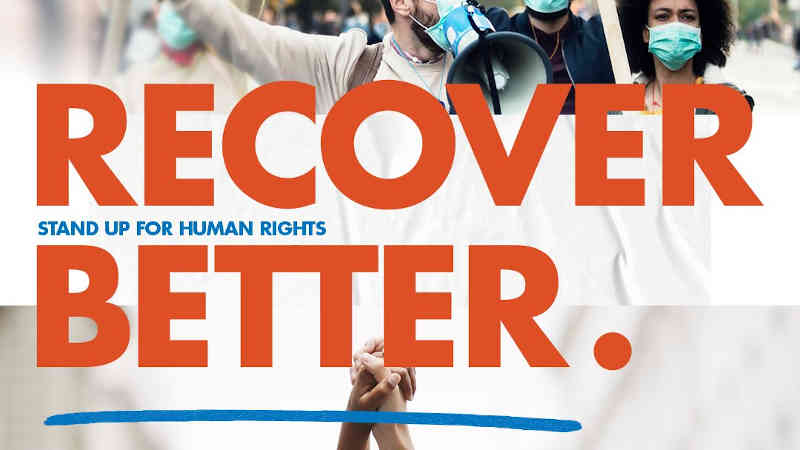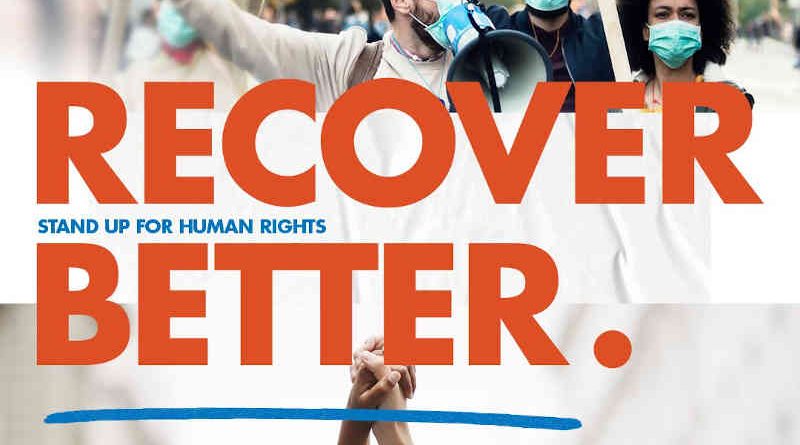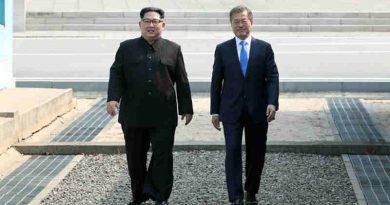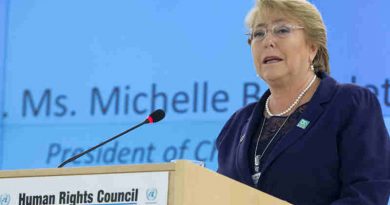UN Experts Alarmed as Cambodia Releases Personal Details of Covid Victims

A group of UN human rights experts* has expressed alarm at the decision by Cambodian authorities to allow the publication of personal information of Covid-infected persons, as this action is unnecessary and a deplorable breach of privacy.
On 4 December, according to the UN Human Rights Office, the Ministry of Health decided to disclose the identity and personal information of individuals infected with Covid-19 in the media, a decision endorsed by the prime minister.
Since then, the Ministry of Health published lists of those testing positive for the virus on its social media site. The published details include names, age, sex, work place, and home address. The personal information has been widely disseminated by the mainstream media and on social media.
The experts welcomed a Ministry of Health press statement of 10 December, which affirmed its commitment to respect individual’s right to privacy and human dignity, and removed photographs of individuals diagnosed with Covid-19. The experts, however, remain concerned that the press statement retains personal data.
“The naming and shaming in public of those who have contracted the virus can lead to discrimination and stigma. These actions are deplorable breach of privacy,” the experts said. “This may also deter people from having tests should they have symptoms of Covid-19 or if they suspect they are at risk of infection having been in close proximity with someone who has tested positive for the virus.
‘It is very concerning that personal data is being collected and published without consent. There is no legal provision authorizing the collection, processing and publication of such personal data. Confidentiality and privacy laws require appropriate safeguards, and remedies for the persons affected, to ensure the secure use of personal and health-related data, along with independent oversight.”
The global pandemic has put data protection safeguards to the test. The experts noted that any personal information collected in contact-tracing should be limited to that which is strictly necessary and proportional to stop the spread of the disease.
They urged the authorities to ensure that all Cambodians, especially the most vulnerable, have access to public health measures, including testing, advice, counseling, and treatment.
The UN experts also expressed concerns about the spread of the pandemic in the country’s jails, and called on the government to urgently follow through on its pledge to test inmates. “In order to prevent any potential outbreak, we urge the government to take all necessary preventive measures and prioritize mandatory testing for all detainees and prisoners,” they said.
Cambodia reported its first community transmission of Covid-19 on 29 November 2020, after a number of prison officials including General Department of Prisons director-general have tested positive for Covid-19.
These officials were in contact with detainees and prisoners at a time when they may have already contracted the virus, raising fear about possible transmission of the virus amongst prisoners and detainees.
* The UN experts: Rhona Smith, Special Rapporteur on the situation of human rights in Cambodia; Tlaleng Mofokeng, Special Rapporteur on the right of everyone to the enjoyment of the highest attainable standard of physical and mental health; Joseph Cannataci, Special Rapporteur on the right to privacy.
The Special Rapporteurs are part of what is known as the Special Procedures of the Human Rights Council.






